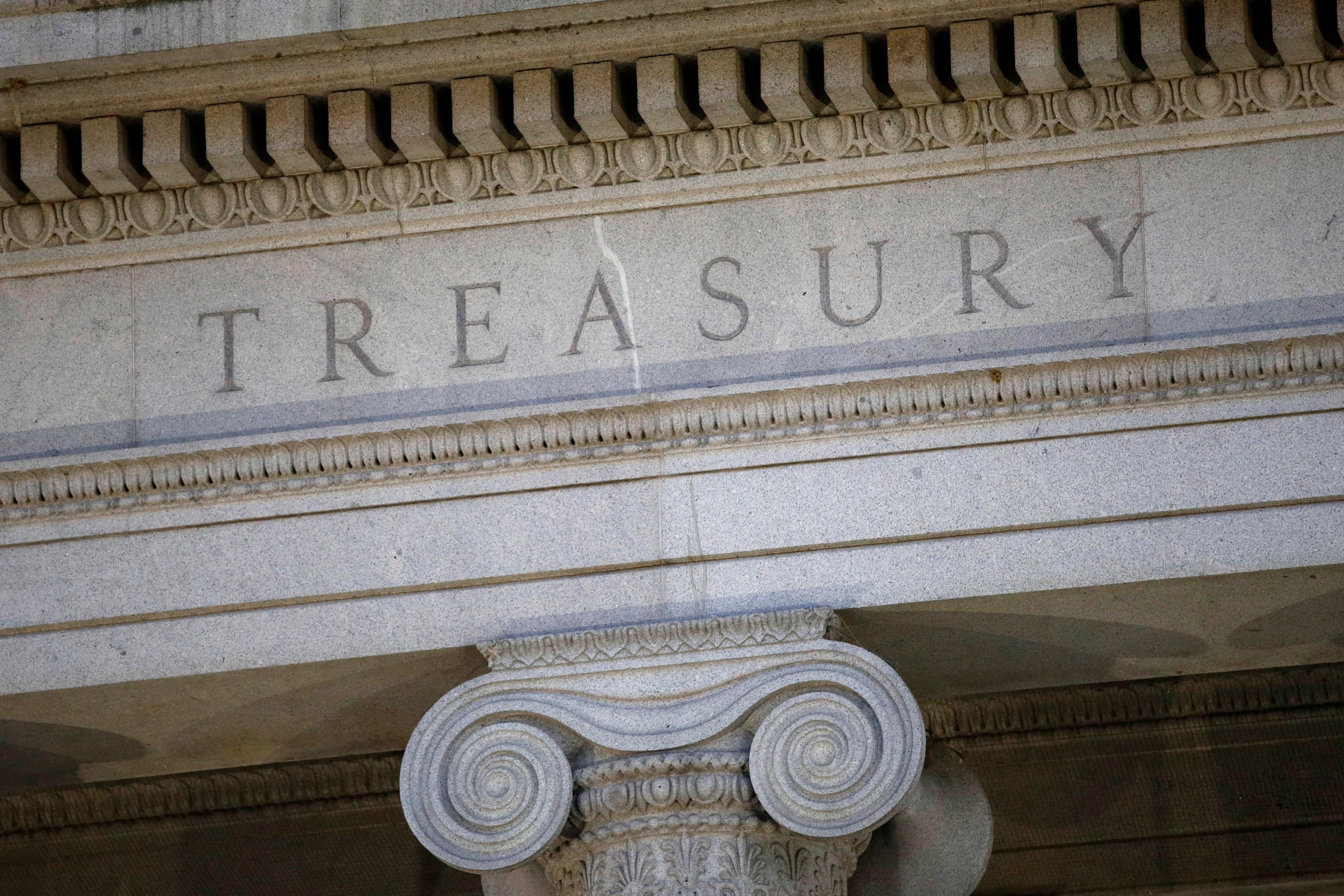New Russia sanctions target weapons development and countries assisting in sanctions evasion
The United States has imposed new sanctions on hundreds of firms and people tied to Russia’s weapons development program, more than a dozen Chinese firms accused of helping Russia find workarounds to sanctions and individuals tied to the death of Russian dissident Alexey Navalny

Your support helps us to tell the story
From reproductive rights to climate change to Big Tech, The Independent is on the ground when the story is developing. Whether it's investigating the financials of Elon Musk's pro-Trump PAC or producing our latest documentary, 'The A Word', which shines a light on the American women fighting for reproductive rights, we know how important it is to parse out the facts from the messaging.
At such a critical moment in US history, we need reporters on the ground. Your donation allows us to keep sending journalists to speak to both sides of the story.
The Independent is trusted by Americans across the entire political spectrum. And unlike many other quality news outlets, we choose not to lock Americans out of our reporting and analysis with paywalls. We believe quality journalism should be available to everyone, paid for by those who can afford it.
Your support makes all the difference.The U.S. on Wednesday imposed new sanctions on hundreds of firms and people tied to Russia's weapons development program, more than a dozen Chinese firms accused of helping Russia find workarounds to sanctions and individuals tied to the death of Russian dissident Alexey Navalny.
The sanctions imposed by the Treasury and State departments target Russia’s military-industrial base, chemical weapons programs and people and firms in third countries that help Russia acquire weapons components as its invasion of Ukraine has entered its third year.
Treasury Secretary Janet Yellen said the action “will further disrupt and degrade Russia’s war efforts by going after its military industrial base and the evasion networks that help supply it.”
The sanctions come as the Senate gave final approval to legislation barring imports of Russian uranium, boosting U.S. efforts to disrupt Russia’s war in Ukraine. President Joe Biden is expected to sign the bill into law.
About 12% of the uranium used to produce electricity at U.S. nuclear power plants is imported from Russia, according to the U.S. Energy Information Administration.
A spokesperson for the National Security Council said Wednesday that Biden, a Democrat, shares lawmakers’ concerns about U.S. reliance on Russia for low-enriched uranium to support its domestic nuclear fleet.
Included in Wednesday's sanctions announcement are importers of cotton cellulose and nitrocellulose — used to produce gunpowder, rocket propellants and other explosives. Also included are Russian government entities and people tied to Russia's chemical and biological weapons programs and firms related to Russia's natural gas construction projects.
Russian President Vladimir Putin has repeatedly railed against several rounds of U.S. and Western sanctions, claiming last year that they are “illegitimate sanctions” on his country.
A group of 16 targets in China and Hong Kong, most of which are related to Russian procurement workarounds, are also included in the latest sanctions announcement.
Firms in countries including China, Azerbaijan, Belgium, Slovakia, Turkey and the United Arab Emirates are accused of helping Russia acquire technology and equipment from abroad. The penalties aim to block them from using the U.S. financial system and bar American citizens from dealing with them.
The sanctions come after Biden last week said he would immediately rush badly needed weaponry to Ukraine as he signed into law a $95 billion war aid measure that also included assistance for Israel, Taiwan and other global hot spots.
Yellen said with the sanctions and supplemental funding combined, “our support for Ukraine and our relentless targeting of Russia’s military capacity is giving Ukraine a critical leg-up on the battlefield.”